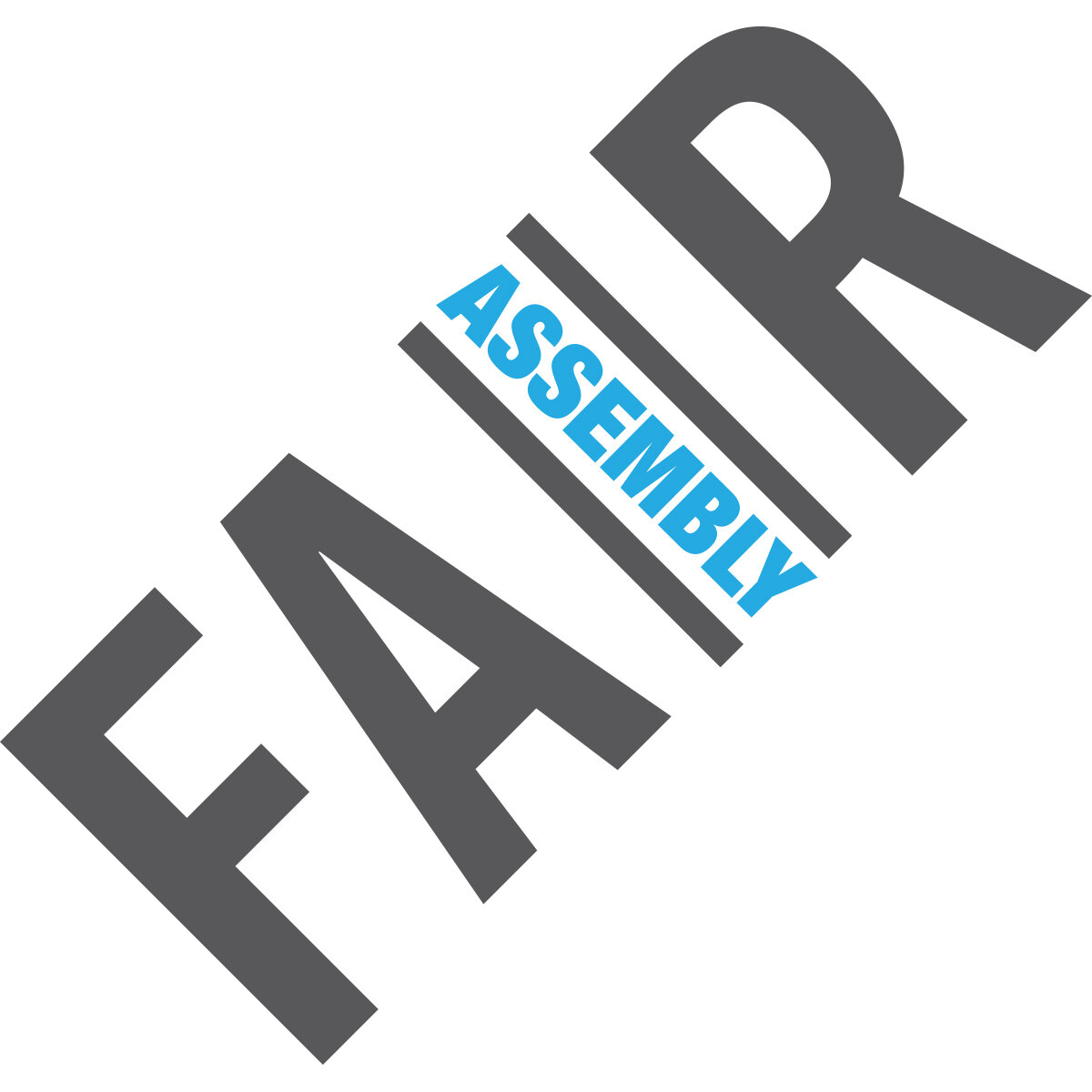In from NYC: Lillian Bornstein
1. You're one of several people in this cast who studied theatre in Europe. What was grad school like for you, and what was your focus?
I did a one-year M.A. in Acting at the Royal Central School of Speech & Drama [Note from Fair Assembly: notable grads of this program include Laurence Olivier, Vanessa Redgrave, Judi Dench, Cameron Mackintosh and Harold Pinter!]. I loved being in London. In undergrad, most of our classes were focused on pedagogy.
It was great to get down to methodology and regular movement and voice classes [at Central]. My favorite modules were acting, devising and Lecoq-based storytelling.
2. When did you find Shakespeare, and have you worked on Macbeth before? If so, in what context?
I had never acted or done anything with Shakespeare until high school in Lincoln, Nebraska, when a friend of mine was telling everyone she knew to audition for the Nebraska Girls' Shakespeare Company. I rolled in with probably the first monologue that came up in a "Shakespeare audition monologue" Firefox search (Helena from Midsummer?) and was under the impression that I was supposed to do a British accent - embarrassing! One of the older girls put me in my place pretty fast. But I got IN!
Our first production that year was Hamlet, and I played Laertes, which honestly transformed me. The swagger! The masculine bravado! The swords! The certainty! I started to stand up straighter in my real life, felt like I found my people, and embarked on a long road of playing with gender.
The production was (I think) pretty awful. It was super long. I saw a friend in the audience when I was a Player and straight up waved at her (and not in a Brechtian way!). Claudius forgot her lines and mouthed, "I forgot," to me so I improvised, "So... you want me to duel him?" and then she forgot AGAIN and I said, "So... you want me to kill him?" She kind of nodded until Gertrude ran on ahead of schedule to save us. Despite all that, I genuinely think there were some moments of absolute brilliance in it, and we all had a blast, which is more fun to watch than people miserably taking themselves really seriously.
I've worked on Macbeth before, only very briefly in a Nebraska Girls' Shakespeare short film experiment back in high school. I was Macbeth!
3. You're the only actor playing two (maybe even three?) genders. What is that like, and how do you prepare to triple your roles?
I love that the witch is a gender unto themselves in this question! One of my favorite things about acting is messing with gender as a construct. Although Fleance as a child, does not give me this so much, I find something exhilarating about playing powerful men, especially in Shakespeare. I mean, my go-to monologue is Shylock. I find that it releases me from a lot of the gendered physical habits I have (making myself small, crossing my arms and legs over my body, etc.). It's so fun to play with expansiveness, status, danger, power.
I'm excited to dive into all the physical and vocal specificity of each person. My tactics vary show by show - sometimes I work from the voice, sometimes I start with elements or Laban or body parts or other movement, sometimes I start with context and actions and intentions. Here the witch feels like the physical will inform the rest first; I think Nurse will start with text and intentions; Fleance will probably require a study of how kids that age move + all the rest! Then I like to have a trigger phrase, be that a line of dialogue or a tiny movement sequence, that helps me activate each character so I can go between them with clarity and specificity.
